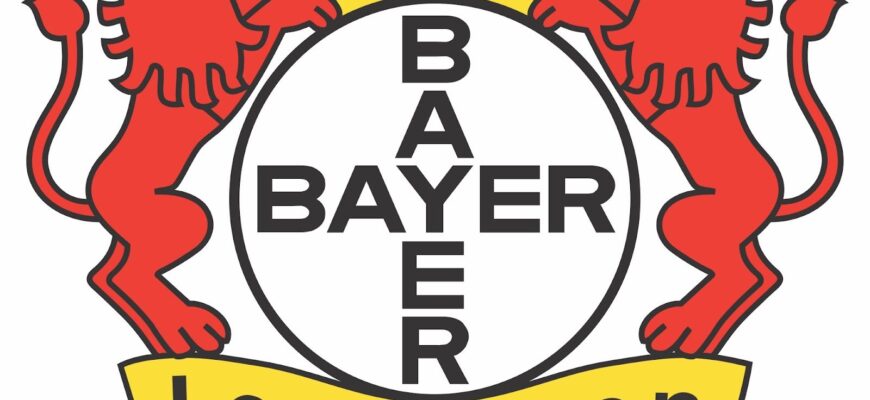The echoes of an unforgettable, unbeaten double-winning season had barely faded when the inevitable winds of change swept through the BayArena. Bayer Leverkusen, the team that defied expectations under Xabi Alonso, found itself facing a significant transition. Key architects of that historic success – Florian Wirtz, Jeremie Frimpong, and Jonathan Tah – have moved on, heading to Premier League champions Liverpool and domestic rivals Bayern Munich, respectively.
Losing players of this calibre simultaneously presents a formidable challenge for any club. Wirtz was the creative heartbeat, contributing goals and assists with remarkable consistency. Frimpong evolved into one of European football`s most potent attacking full-backs. Tah solidified his reputation as a premier central defender. Their departures leave substantial voids, not just in terms of statistics, but in leadership and established quality.
A Calculated Strategy: Building for the Future
However, amidst this exodus, Sporting Director Simon Rolfes views the situation not as a setback, but as an opportunity. The strategy is clear: leverage the significant transfer fees generated, particularly from Wirtz`s sale, to implement a long-term rebuild focused on potential and immediate impact. The stated objective remains ambitious – consistently challenging for a top-four spot and positioning the club to compete for titles again. This necessitates signing players who possess both the quality to contribute now and the potential to develop significantly.
Overseeing this new phase is Erik ten Hag, stepping into the hot seat previously occupied by the celebrated Alonso. Ten Hag`s task is unenviable: maintain the club`s elite status while integrating a wave of new faces, predominantly young ones.
The Youthful Influx: New Blood Across the Pitch
Excluding the experienced goalkeeper Mark Flekken (32), Leverkusen`s summer business has overwhelmingly focused on youth. Eight new players are under 24, with five aged 20 or younger. This isn`t a sprinkling of prospects; it`s a fundamental shift in squad composition.
In defense, the arrival of 22-year-old Jarell Quansah from Liverpool is particularly noteworthy. A Premier League winner and England U21 Euros champion, Quansah steps directly into Tah`s role, even inheriting the iconic number 4 jersey. He`s joined by promising centre-backs like Abdoulaye Faye (20, from Sweden) and Axel Tape (17, from PSG`s academy), signaling a clear intent to build the defensive core from the ground up. Tim Oermann (21), already with Bundesliga experience, gains further seasoning on loan before joining the mix.
Further up the pitch, the creative burden left by Wirtz is intended to be shared. US international Malik Tillman (23), arriving from PSV Eindhoven with an impressive record of goal involvements, offers versatility and proven senior-level output. Alongside him is Ibrahima Maza (19), who impressed in Bundesliga 2 with Hertha Berlin, demonstrating not just attacking flair but also a notable appetite for duels – perhaps a sign that the new youth aren`t just technically gifted but also possess the necessary steel. Spanish second-tier breakout star Christian Kofane (18) adds depth and potential to the attacking options, while Argentine teen Alejo Sarco represents another forward-thinking acquisition.
Blending Potential with Experience
While the average age of the squad has undoubtedly plummeted, the new-look Leverkusen isn`t entirely devoid of experienced heads. Stalwarts like captain Lukáš Hrádecký, midfield general Granit Xhaka, and versatile Jonas Hofmann provide crucial guidance and stability. This deliberate mix of youthful energy and seasoned professionalism is key to Rolfes` vision – creating a melting pot where young talents can thrive under the tutelage of established players, churning out, as the saying goes, “proverbial liquid gold” for years to come.
The task ahead for Erik ten Hag and this revamped Bayer Leverkusen squad is significant. Replacing club icons with promising youngsters is always a risk, yet it`s a calculated one driven by a clear long-term strategy. The 2025/26 season won`t just be about results; it will be a fascinating observation of whether this youth revolution can quickly adapt to the demands of challenging at the top of the Bundesliga.









